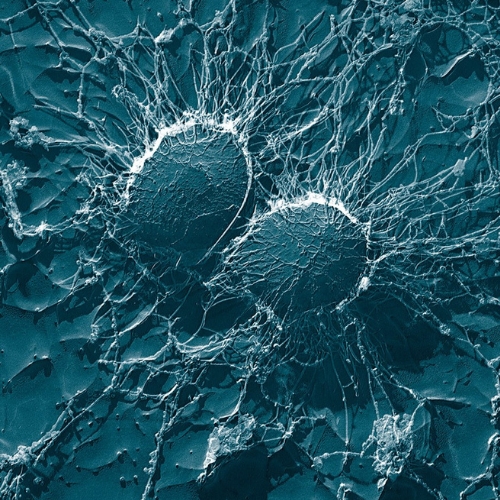Key points from article :
Rise in antibiotic resistance is one of the world's most concerning health issues.
In a recent study, researchers managed to kill resistant bacteria in mice guts using the gene-editing technology, CRISPR-Cas9.
It works like "genetic scissors," to delve inside resistant bacteria and cut vital genetic wires, which disabled the bacteria.
CRISPR-Cas9 specifically targeted harmful bacteria without killing off a whole bunch of good bacteria.
Scientists modified it to be much more transferable between bacteria.
Then, they put it inside harmless bacteria and fed them to the mice.
Eliminated more than 99.9% of the targeted antibiotic resistant bacteria after only four days.
Researchers don't yet know if bacteria are also capable of developing resistance to this technology, too.
Study led by Sébastien Rodrigue from University of Sherbrooke, published in Molecular Systems Biology.




